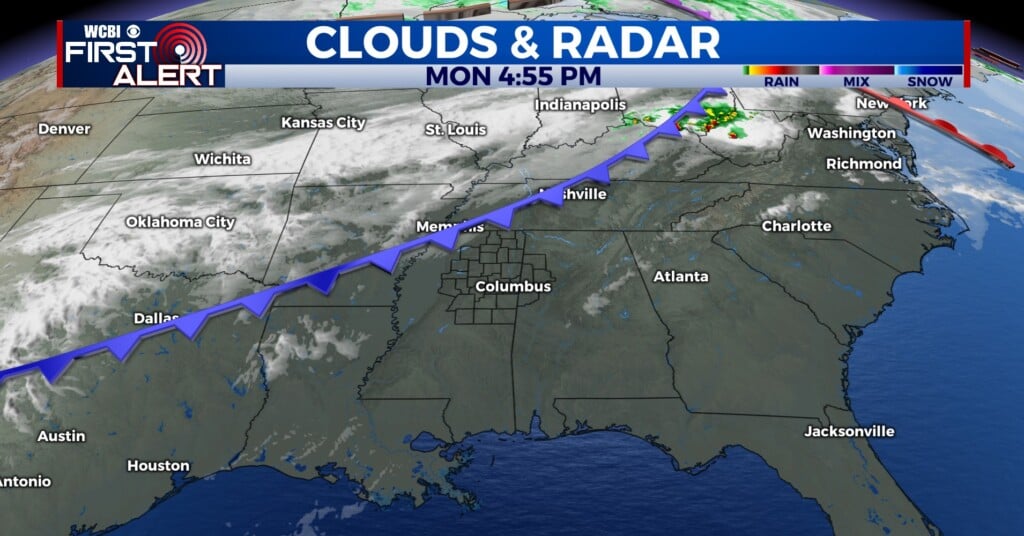Mississippi’s Early Learning Collaboratives Rated Among Top Five In Nation
CLINTON, Miss. (PRESS RELEASE) – The National Institute for Early Education Research (NIEER) recognized Mississippi’s Early Learning Collaboratives (ELC) in its 2015 State of Preschool yearbook for meeting all 10 quality standards for early childhood education, which puts Mississippi among only five states in the nation that meet all 10 benchmarks.
The NIEER report presents data on the state of pre-K programs nationally as well as breakdowns of each state’s progress in providing high-quality pre-K services.
“This recognition from the National Institute for Early Education Research affirms that Mississippi’s Early Learning Collaboratives are helping children get a strong start for success in school and life,” said Dr. Carey Wright, state superintendent of education.
“I commend all of the teachers, administrators and community partners who have worked together through the collaboratives to provide children in their communities with high-quality early childhood education.”
The Mississippi Legislature passed the 2013 Early Learning Collaborative Act to provide funding to local communities to establish, expand, support and facilitate the successful implementation of quality early childhood education and development services.
All ELCs include a lead partner, which can be a public school or other nonprofit group with the expertise and capacity to manage a 4-year-old pre-kindergarten program.
The program includes 11 ELCs throughout the state that serve more than 1,700 children. The legislature appropriated $4 million for the ELCs for the 2016-2017 school year.
Mississippi Rep. Toby Barker, R-Hattiesburg, said when the legislature passed the Early Learning Collaborative Act in 2013, lawmakers pushed the state to build early learning capacity the right way.
“This NIEER recognition stands as a testament to our state’s dedication to the highest standards of quality. With increased funding in the coming year, as well as a commitment to evidence-based curricula, Mississippi will continue seeing a strong return on its investment,” he said.
“This solidifies Mississippi’s role as a leader in early learning education,” said Mississippi Sen. Brice Wiggins, R-Pascagoula.
“In 2013, we went from having zero pre-k programs to having one of the five best in the nation. With this framework in place, we have become a national leader in providing early education in a conservative, fiscally responsible way. As the science shows, the key to unlocking success in life and academics begins early with a high-quality learning environment.”
The NIEER report evaluates whether states have requirements for early learning standards, teacher education and professional development, program monitoring, screening, referral and support services, among other standards.
The report details modest gains in pre-K access, quality, and funding across the nation.
Average state spending per child enrolled in pre-K increased by $287 in 2015 to a national average of $4,489 per child.
Mississippi spends $2,150 in state dollars per child in ELCs.
When combined with required match dollars, per-pupil spending in Mississippi is $4,300.
Nationally, the number of students enrolled in state-funded pre-K grew modestly in 2015, with an increase of about 37,000 children bringing the total of all children nationwide enrolled in state-funded pre-K to almost 1.4 million.
Nationally, the percentage of four-year-olds enrolled in state funded pre-K programs remained flat at 29 percent.
Steve Barnett, the director of NIEER, expressed exasperation at the slow pace of government support for pre-K, writing that at the current rate of growth “it will be another 50 years before states can reach all low-income children at age four, and it will take 150 years to reach 75 percent of all four-year-olds.”





Leave a Reply